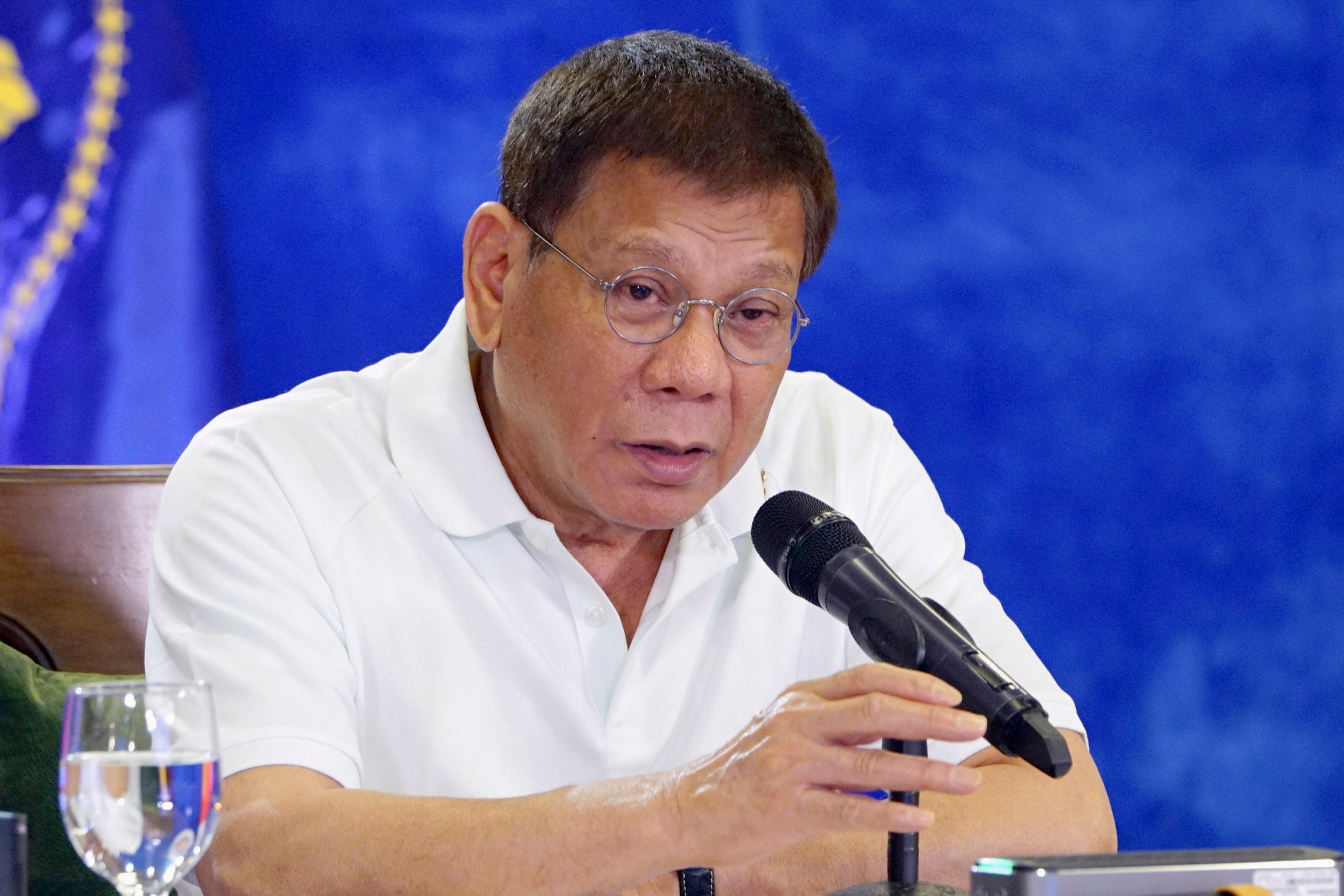Philippine Supreme Court slams killings of lawyers, judges
The Philippine Supreme Court has condemned the alarming number of killings of lawyers and judges

Your support helps us to tell the story
From reproductive rights to climate change to Big Tech, The Independent is on the ground when the story is developing. Whether it's investigating the financials of Elon Musk's pro-Trump PAC or producing our latest documentary, 'The A Word', which shines a light on the American women fighting for reproductive rights, we know how important it is to parse out the facts from the messaging.
At such a critical moment in US history, we need reporters on the ground. Your donation allows us to keep sending journalists to speak to both sides of the story.
The Independent is trusted by Americans across the entire political spectrum. And unlike many other quality news outlets, we choose not to lock Americans out of our reporting and analysis with paywalls. We believe quality journalism should be available to everyone, paid for by those who can afford it.
Your support makes all the difference.The Philippine Supreme Court on Tuesday condemned the alarming number of killings and threats against lawyers and judges. One legal group has said these attacks are considerably higher under President Rodrigo Duterte compared to the past 50 years under six former presidents.
The 15-member high court asked lower courts, law enforcement agencies and lawyers and judges’ groups to provide information about such attacks in the last 10 years, in order for the court to take preemptive steps. The attacks, it said, endanger the rule of law in an Asian bastion of democracy.
“To threaten our judges and our lawyers is no less than an assault on the judiciary. To assault the judiciary is to shake the very bedrock on which the rule of law stands,” the high court said in a rare, strongly-worded censure of the attacks. “This cannot be allowed in a civilized society like ours.”
The court said it would not “tolerate such acts that only perverse justice, defeat the rule of law, undermine the most basic of constitutional principles and speculate on the worth of human lives.”
The Free Legal Assistance Group, a prominent group of lawyers, said at least 61 lawyers have been killed in the five years of Duterte’s presidency compared to at least 25 lawyers and judges slain under six presidents since 1972, when dictator Ferdinand Marcos placed the Philippines under martial law.
Lawyers’ groups said the court’s denunciation was long overdue but nevertheless welcomed it. “We have been sounding out the clarion call and providing information and concrete recommendations for the longest time,” said lawyer Edre Olalia, who heads the left-wing National Union of People’s Lawyers
A number of lawyers who represented suspected drug dealers or were linked to the illegal drug trade were among those gunned down under Duterte’s rule. When he took office in mid-2016, Duterte launched a massive anti-drug crackdown that has left more than 6,000 mostly petty suspects dead and alarmed Western governments and human rights groups.
The brash-talking Duterte, a former government prosecutor, has denied ordering the killings of drug suspects, but has repeatedly threatened suspects with death and ordered law enforcement to shoot suspects who threaten them. Military and police officers have also been suspected of carrying out attacks and threatening lawyers and judges perceived as supportive of communist guerrillas.
Earlier this month, the national police fired the intelligence chief of the central Calbayog city after he asked a local court for a list of lawyers representing captured insurgents. Justice Secretary Menardo Guevarra said the intelligence chief's actions “completely bereft of any statutory or legal basis.”
Last week, a streamer appeared along a busy intersection in the Manila metropolis which thanked a trial court judge for freeing a journalist and a trade union leader linked to communist rebels. It was unclear who put up the streamer, which carried the logo of the Communist Party of the Philippines.
“We are aware that there are wayward elements who, in their zeal to do what they think is necessary, would simply brush aside the limitations in our law as mere obstacles,” the Supreme Court said.
The court said it would work on rules on the use of body cameras for law enforcement members who serve search and arrest warrants. Many suspected drug dealers and insurgents have been killed in recent years after law enforcement alleged they violently resisted being served such warrants. Activists have questioned those claims, citing the military and police's dismal human rights record.